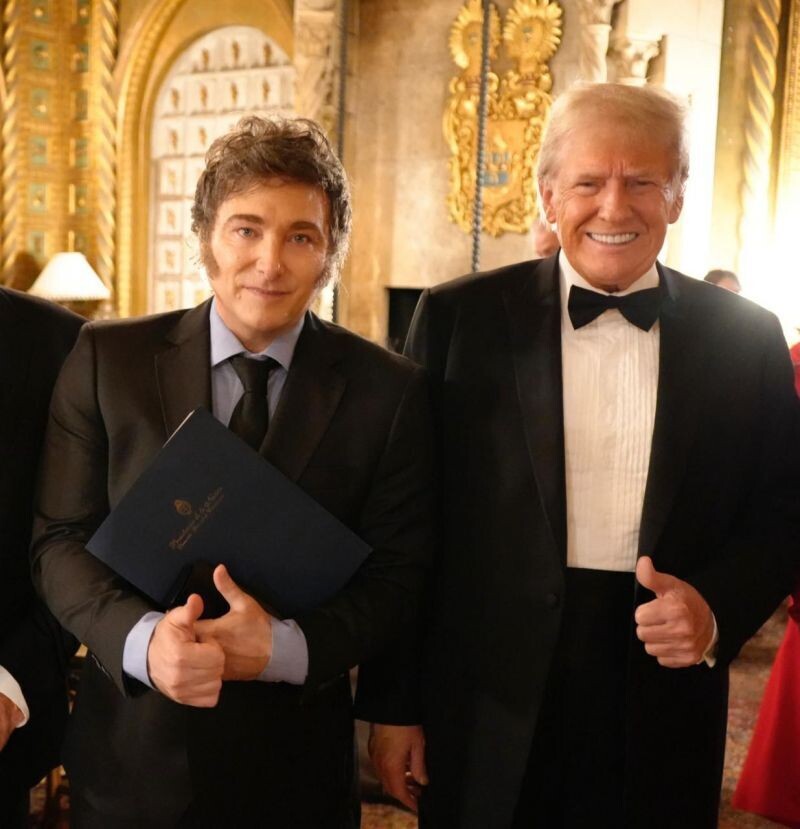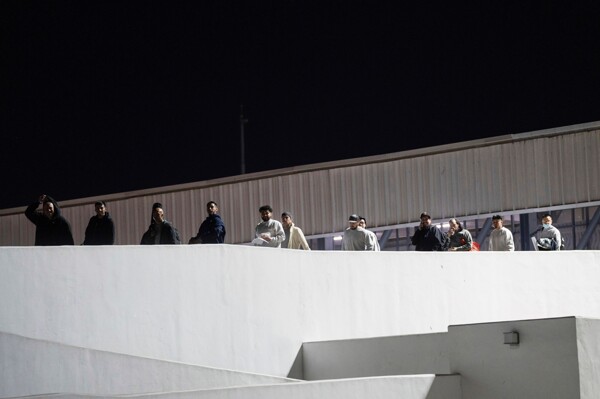
Federal Reserve officials warn about the inflation risks that could arise from the trade tariffs imposed by the Trump administration. Three Fed representatives expressed their concerns, arguing that the current uncertainty requires a more gradual reduction in interest rates.
The president of the Boston Fed, Susan Collins, pointed out that the tariffs could impact the prices of both final and intermediate goods. Meanwhile, Austan Goolsbee, president of the Chicago Fed, indicated that the lack of clarity in the situation demands a more cautious approach to rate cuts.
Analysts estimate that if tariffs are implemented on Mexico, Canada, and China, the average American household could cost $1200 more per year. This burden would primarily affect low-income households. The Federal Reserve has kept interest rates stable, reflecting the current economic uncertainty.
Jerome Powell, chairman of the Fed, emphasized the importance of understanding the implications of tariff policies before making adjustments to monetary policy. In this scenario, the Fed's stance is one of patience and caution, with no rush to make additional changes given the present uncertainty.
Economy Minister Luis Caputo assured that the Argentine economic plan can withstand external impacts if fiscal and monetary discipline is maintained. Meanwhile, Collins left open the possibility of future rate cuts, but without establishing a specific timeframe.
Analysts suggest that the tariffs could increase inflationary pressures by raising the prices of products with imported components. In this context, Fed representatives maintain a cautious stance and prefer to wait to assess the situation before taking drastic measures.














